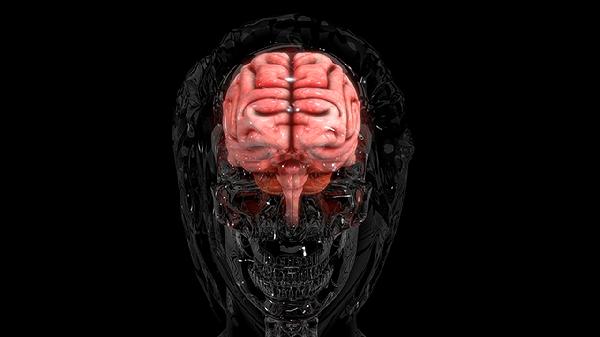Ever walked into a room convinced everyone’s silently judging you—only to realize later that nobody even noticed you? That’s social anxiety playing tricks on your brain. Turns out, we’re way worse at predicting what others think of us than we realize—especially when anxiety hijacks the process. Spoiler alert: People probably don’t dislike you nearly as much as your brain insists they do.

The Mind’s Worst-Case Scenario Generator
Social anxiety doesn’t just make you nervous—it rewires your predictions. Your brain becomes a hyperactive detective, scanning for disapproval that usually isn’t there. Studies show anxious folks consistently overestimate how harshly others perceive them. That awkward pause in conversation? You assume it’s because you’re boring. In reality, the other person might’ve just zoned out thinking about lunch.
The irony? Most people are too wrapped up in their own social stumbles to scrutinize yours. But try telling that to your amygdala when it’s sounding the alarm over a slightly off-key laugh.
Why We Trust Our Anxiety Over Reality
Anxiety loves “proof” that confirms its fears—even when the evidence is flimsy. If someone glances away during your story, anxiety insists it’s rejection, not a distracting text notification. This “confirmation bias” creates a feedback loop where every neutral interaction gets misinterpreted as negative.
Neuroscience reveals something wild: The brain processes social rejection similarly to physical pain. So when you think someone dislikes you, it hurts—literally. No wonder we brace for impact in social situations.
The Spotlight Effect (And Why You’re Not Actually Center Stage)
Here’s the brutal truth: You’re not the main character in everyone else’s story. That cringey thing you said? Most witnesses forgot it five minutes later. Psychologists call this the “spotlight effect”—our tendency to overestimate how much attention others pay to our blunders.
Socially anxious people experience this on steroids. While you’re replaying your mispronounced word on loop, the other person’s mentally planning their grocery list. The mismatch between your self-consciousness and their actual attention is almost comical.
Rewiring Predictions: How to Dial Down the Mind Reading
Breaking anxiety’s distorted predictions takes practice, but it’s possible. Start small:
Test your theories – Next time you’re sure someone’s annoyed, check. Ask “You good?” instead of spiraling. Most times, you’ll discover they were just tired or distracted.
Embrace the “5/5/5 rule” – Will this matter in 5 hours? 5 days? 5 months? Most social slip-ups don’t survive the first checkpoint.
Collect counter-evidence – Keep a mental (or actual) list of times people responded positively to you. Anxiety fixates on the one awkward moment, ignoring twenty smooth ones.
Practice “maybe” thinking – Instead of “They hate me,” try “Maybe they’re stressed.” It leaves room for explanations that don’t involve your alleged social crimes.
The Unexpected Upside of Social Anxiety
Here’s the plot twist: That sensitivity making you overanalyze interactions? It’s also what makes you observant, empathetic, and unlikely to steamroll conversations. While anxiety’s predictions are often wrong, its radar for social nuance isn’t. The trick is learning when to trust it—and when to tell it to chill.
At the end of the day, humans are terrible mind-readers. But the good news? So is everyone else. They’re too busy worrying about their own imagined flaws to dwell on yours.
























